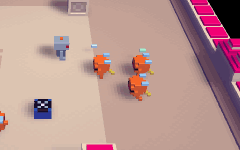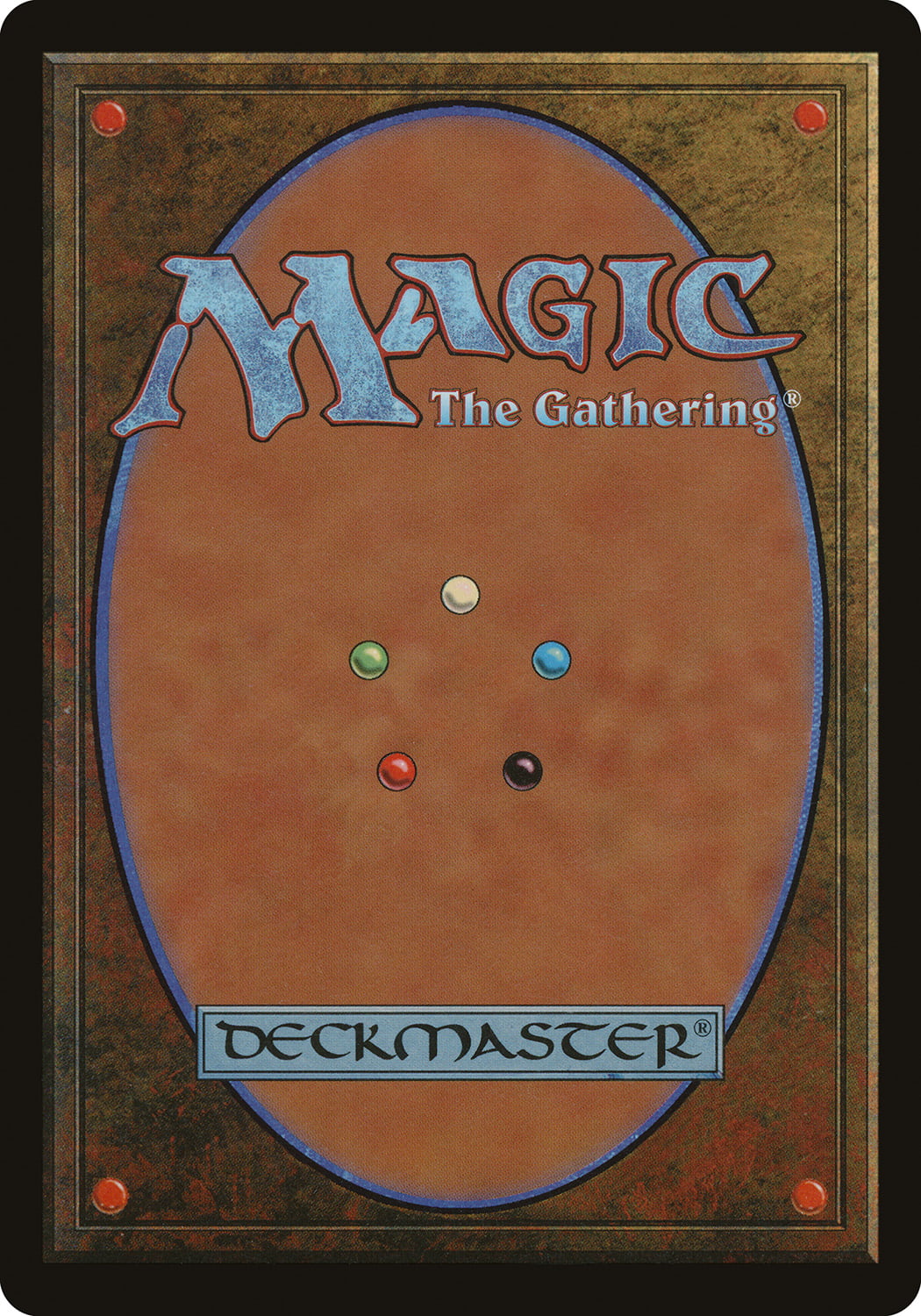In the spirit of Halloween, I've been saving this post for a while and after a few additions, changes and alterations, I feel it's ready for public eyes.
I started Dragon Quest VI: Realms of Revelation a month back while awaiting the return of my computer charger (which was left in SoCal) and like a lot of JRPGs, the game started with the player controlling a teenage boy with spiky hair in a small mountain village. As was the case with Secret of Mana and Paladin's Quest, I half expected to do something to piss off the town elders that would get me kicked out of town with my so-called close friends abandoning me upon my being exiled. That was not the case at all thankfully. There were, however, murmurs of an evil being somewhere out in the world threatening the rest of humanity with destruction/domination/desolation/dismemberment, basically any evil word starting with "D."
I started Dragon Quest VI: Realms of Revelation a month back while awaiting the return of my computer charger (which was left in SoCal) and like a lot of JRPGs, the game started with the player controlling a teenage boy with spiky hair in a small mountain village. As was the case with Secret of Mana and Paladin's Quest, I half expected to do something to piss off the town elders that would get me kicked out of town with my so-called close friends abandoning me upon my being exiled. That was not the case at all thankfully. There were, however, murmurs of an evil being somewhere out in the world threatening the rest of humanity with destruction/domination/desolation/dismemberment, basically any evil word starting with "D."
This is what I actually wanted to talk about today. The ultimate bad guy (final boss) in video games and their motivations. In a lot of JRPGs, the ultimate goal of the main antagonist is world domination either with or without destroying the rest of the world in the process. This article will not be all encompassing as I have not played against every type of villain ever created, so there is going to be some unintentional bias on my part. But in the meantime, let us look at a few games and the motivations of the main villains.
Dragon Quest/Warrior: In the first game, the Dragonlord simply wants to take over the known world. I do not recall there being much else in the way of motivation. The Dragonlord hates the Orbs of Light, steals them and you have to get them back. It is a pretty simple story line, complete with rescuing a princess from a dragon; although that happens about a third of the way through the game.
Zelda II: The Adventure of Link: In this game, the main antagonist, Ganon, is already dead (spoiler: killed at the end of the first Legend of Zelda), but it is the threat of his return that propels Link forward to complete his quest. The enemy correctly believes that if they sprinkle/pour the blood of Link over Ganon's ashes, that he will return to continue his plan of ruling over Hyrule that he had began in the first game in the series. And while not needing to rescue Princess Zelda, she is under a sleeping spell that will only be lifted upon . . . you know I forgot. I know Shadow Link is the final (pain in the ass) boss and maybe something to do with combining the Triforces together.
Final Fantasy VI: This game has multiple main antagonists with Emperor Gesthal being in the forefront for the first half of the game and Kefka taking over right before the beginning of the second half. For Emperor Gesthal, he wants unlimited power as a ruler, for every civilization on the planet to be under his rule. Kefka on the other hand just "want[s] to see the world burn." He is a true socio/psychopath. He does not care about ruling the world or enslaving the world population, he simply wants to destroy everything, himself included if need be.
Portal: Moving away from JRPGs (for the moment), Portal changes the role of the main antagonist, GlaDOS, away from world domination to just wanting to continue to do the role she was programmed to do: conduct tests. Yes, I know there is more to it than all that, but those are the basics. And yes, it is true that GlaDOS does exhibit some typical sociopathic behaviors. GlaDOS sees what she is doing is not wrong, but necessary to continue testing of test subjects. Left to her own devices, she might run out of test subjects, or maybe she will learn how to artificially inseminate her stock of female test subjects and create a constant supply of growing subjects. This outcome is hinted at in the Portal 2 co-op portion of the game, but it is hard to believe anything that GlaDOS says.
Dead Space: One thing I love about this game is that there is no official main boss. Sure there is the hugely giant tentacled Lovecraftian creature that came out of who knows where because why not!? The majority of the game is spent repairing parts of the USG Ishimura so that you can escape all the horror that is happening on board. The stereotypical villain here is more of the presence and influence of the Red Marker, but in this case is somewhat similar to Sauron as an overseeing enemy that has no direct contact with the main character but exudes its will against them. Yes, there is Doctor Whatshisname who keeps trying to unleash the constantly regenerating brutish thing upon Isaac, but that creature functions more as a mini-boss. The appearance of the final boss at the end seems very rushed and unclear by the end of the game, which is when it makes its first and only appearance.
Super Mario Bros.: Let us take a step back to 1985 and take a quick look at Bowser and his Koopas. They have invaded the Mushroom Kingdom, turned all of the citizens into bricks and plants and have kidnapped Princess Toadstool, thereby preventing the Princess from reversing the spell. So why did Bowser want to invade the Mushroom Kingdom in the first place? The manual is not clear as to Bowsers motivations and although Wikipedia expounds upon Bowsers frequent kidnapping of Princess Toadstool/Peach, these motivations are never stated. Sure he wants to take over the Mushroom Kingdom, but what then? What are his long term goals? Marry the Princess (because his first wife died after giving birth to the seven Koopalings?) and rule the Kingdom. Simple I guess.
Donkey Kong: I am referring to the original arcade game from 1981 for this, the last character in today's article. In this game, Donkey Kong is the main villain with Jumpman (aka Mario) attempting to rescue Pauline. But why does Donkey Kong have Pauline? The story behind the game states that Donkey Kong belonged to Mario/Jumpman, but Mario mistreated Donkey Kong so DK retaliated by kidnapping Pauline. So what is DK's endgame then? I believe that DK does not have a final plan as to what to do with Pauline, although Miyamoto has said that the game originally began as a love triangle Popeye game, but changed the characters when they could not acquire the license. So maybe Donkey Kong is in love with Pauline but that premise would be absurd, right? I would like to think that he lashed out at being abused too many times and Pauline was just in the wrong place at the wrong time.
I am going to leave this painfully short list of villains and main antagonists now as even attempting to do an all encompassing list is the very definition of time consuming. I also do not get paid enough to take on such an endeavor. From this abbreviated and biased list, it would appear that the motivation behind the majority of known evil is world domination. I guess that would be the simplest motivation to write a story around with a clear and cut ending. Just something to think about.
~JWfW/JDub/Jaconian
Instrumental



















